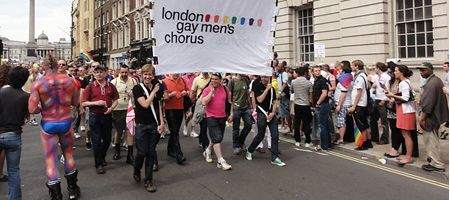It’s a long-standing piece of folk wisdom – and research now indicates it’s true. Many homophobic people have a strong physical attraction to their own sex.

A US/UK team has found that heterosexuals tend to be less homophobic than people with an unacknowledged attraction to the same sex and with authoritarian, anti-gay parents.
“In many cases these are people who are at war with themselves and they are turning this internal conflict outward,” says Richard Ryan, professor of psychology at the University of Rochester.
The findings aren’t exactly a surprise, following cases such as Ted Haggard, the evangelical preacher who opposed gay marriage but was exposed in a gay sex scandal in 2006.
Similarly, Glenn Murphy Jr, former chairman of the Young Republican National Federation and vocal opponent of gay marriage, was accused of sexually assaulting a 22-year-old man in 2007.
“We laugh at or make fun of such blatant hypocrisy, but in a real way, these people may often themselves be victims of repression and experience exaggerated feelings of threat,” says Ryan.
In a series of experiments, the researchers measured the discrepancies between what people said about their sexual orientation and how they reacted during split-second timed tasks, or when shown same-sex and opposite-sex photos.
Through questionnaires, people also reported on the type of parenting they’d had, from authoritarian to democratic, and on the level of homophobia in the household.
The participants’ homophobia – both overt and implicit, as revealed in word-completion tasks – was also measured.
And in every study, participants from authoritarian homes showed the biggest discrepancy between explicit and implicit attraction.
“In a predominantly heterosexual society, ‘know thyself’ can be a challenge for many gay individuals. But in controlling and homophobic homes, embracing a minority sexual orientation can be terrifying,” says Netta Weinstein of the University of Essex.
In addition, those people who reported themselves to be more heterosexual than their performance on the reaction time task indicated were most likely to be hostile to gay people.
“This study shows that if you are feeling that kind of visceral reaction to an out-group, ask yourself, ‘Why?'” says Ryan. “Those intense emotions should serve as a call to self-reflection.”






